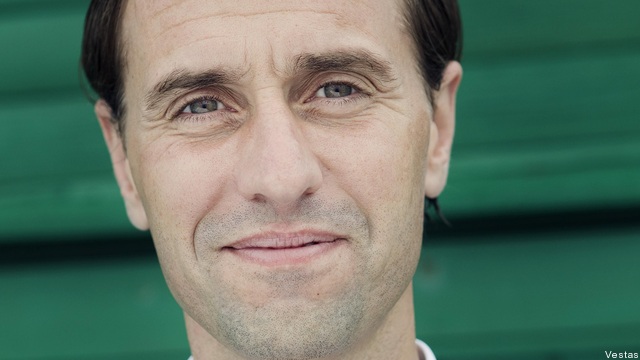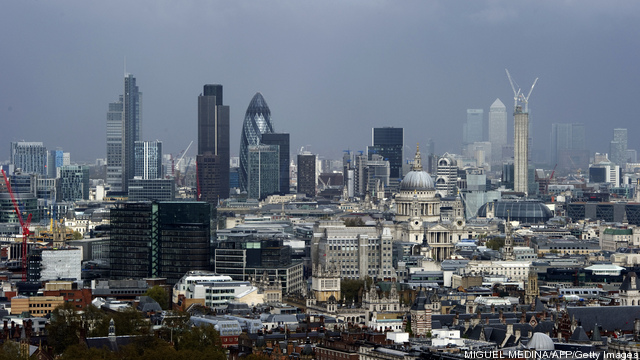 Australia has punched above its weight in the global energy sector for years, with its huge natural resources providing a platform for the country’s economy that allowed it to outperform much of the world throughout the lingering post-crisis recessions in the developed world.
Australia has punched above its weight in the global energy sector for years, with its huge natural resources providing a platform for the country’s economy that allowed it to outperform much of the world throughout the lingering post-crisis recessions in the developed world.
The country’s consumers and companies are energy investors and energy leaders, and issues surrounding energy usage and regulation have been political and cultural flashpoints in Australia in recent years. That means that the focus on Australian customers by pollsters and analysts pulling together the Corporate Renewable Energy Index and the Global Consumer Wind Study on behalf of wind company Vestas, TNS Gallup and Bloomberg New Energy Finance formed some of the key figures and results for a sector eyeing a transition to a “clean” economy. Keep reading →






